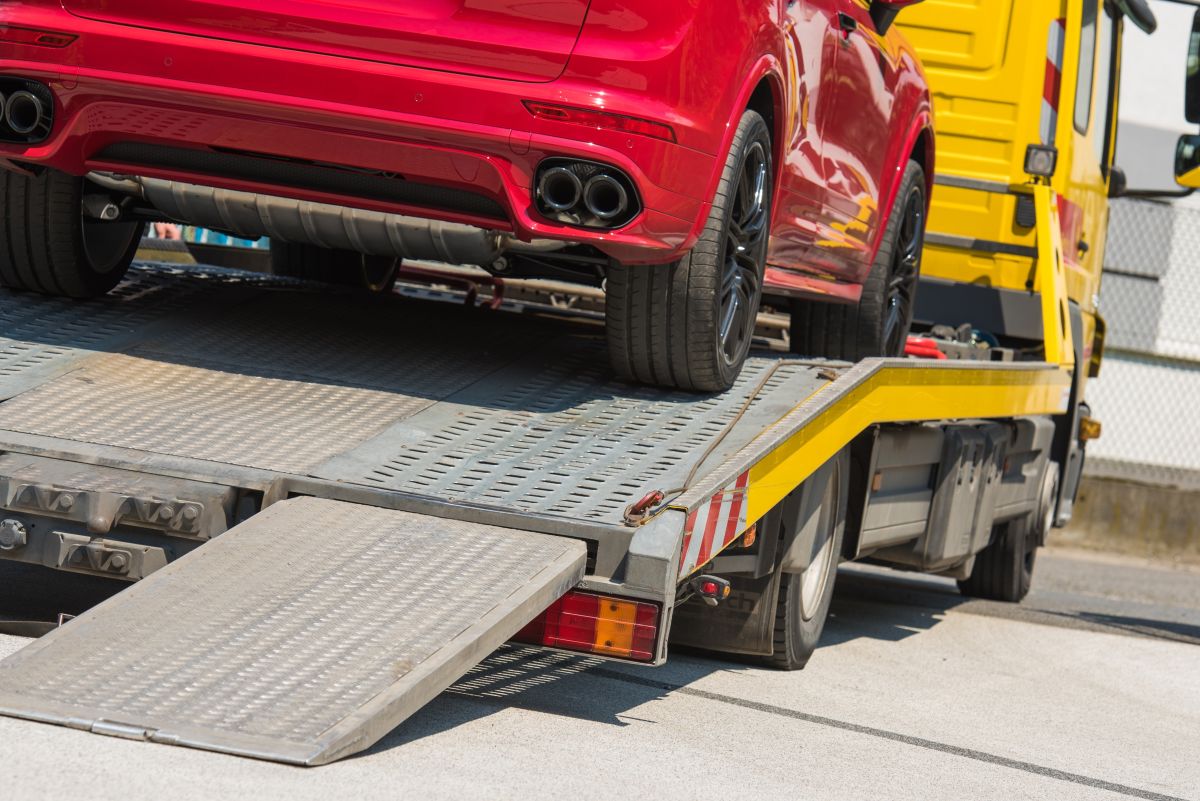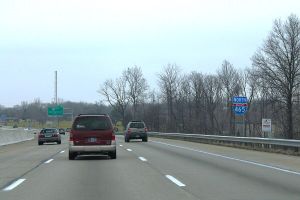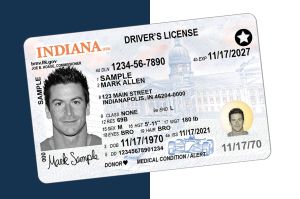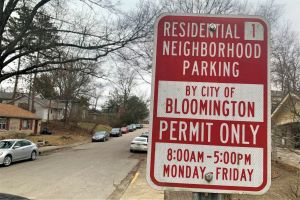
Revamped towing regulations tripped Indiana lawmakers up for nearly four months but survived a chaotic legislative session. (peterzayda/Adobe Stock)
Indiana is getting tougher on “predatory” vehicle towing.
Revamped regulations tripped Indiana lawmakers up for nearly four months but emerged from a chaotic legislative session within House Enrolled Act 1390, the Bureau of Motor Vehicles’ (BMV) annual package. They’re set to take effect next month after a zig-zagging path through the Statehouse.
“Indiana is the No. 1 predatory towing state in the nation,” author Rep. Jim Pressel, R-Rolling Prairie, said in a statement to the Capital Chronicle. “… Our towing practices exploit and harm trucking companies in their time of need.”

Surveyed commercial carriers logged the most “predatory” towing incidents relative to mileage in Indiana between 2021 and 2023, according to a report by the American Transportation Research Institute. The state also had few of the personal vehicle owner towing protections identified in a 2021 report from the Public Interest Research Group’s Consumer Watchdog team.
“House Enrolled Act 1390 holds towing providers accountable, requiring transparency, capping fees and ensuring access to personal belongings, while penalizing bad actors who are taking advantage of a bad situation,” Pressel said.
Commercial vehicles in the spotlight
That research sparked a Hoosier campaign for reform.
“The great majority of the towers … are responsible businesspeople and are not the problem, but there’s a small percentage that have taken advantage of the industry, and those are the ones that we’re focused on,” Indiana Motor Truck Association President and CEO Gary Langston said.

After learning of the commercial tow findings, Langston began asking around — and was “bombarded with invoices” from in-state and out-of-state carriers.
Indiana law already mandates itemized receipts, but that doesn’t mean all charges are legitimate.
Langston recalled one invoice for an 18-mile tow that featured a fuel surcharge of more than $7,000. He also described seeing overstated hourly labor costs and various “hidden” fees in the miscellaneous and administrative columns on the invoices.
Commercial vehicle interests additionally sought greater recourse for recovering vehicles and the client loads inside while disputing such charges.
In committee hearings, Indiana Towing & Wrecker Association President Karrie Driscol expressed openness to additional regulations but similarly blamed the complaints on a handful of bad actors. Her organization declined comment to the Indiana Capital Chronicle.
Charges, releases scrutinized
Several chunks of incoming Indiana code tackle what Langston dubbed “egregious” overcharging.
Towing companies on the Indiana State Police (ISP) rotation will only be able to charge the rates they’ve already filed when ISP calls them for emergency tows. When their services are requested by local law enforcement agencies, the restrictions shift.
If there are set rates, that’s what’ll get charged. If not, a company could charge its ISP rates. If the company isn’t on the ISP rotation, it will charge, at most, what’s in the ISP district’s agreements.
The legislation also requires law enforcement agencies to include a lengthy list of provisions in written policies or contracts entered into, amended or renewed after June 30: contract lengths, service and storage rates, allowable administrative fees, a prohibition on charging unlisted fees, a provision allowing the agencies to suspend or remove violator companies, and more.
When private property owners request tows, companies will charge whatever rates are in the agreements they already have with the owners, according to the legislation. If there’s no preexisting agreement, a company must charge a rate applicable under the legislation’s local law enforcement agency provisions.
The state’s itemized invoice requirement also got tweaks.

Come July 1, invoices must include the number of miles the vehicle was towed, a “good faith estimate” of where and how long invoiced items were used, and an attestation that all invoiced items were “used and necessary in the ordinary course of business.”
Fees must also be accompanied by “full” descriptions of the services provided. Towing companies and storage facilities are barred from charging inspection fees but could charge for retrieval.
Another piece of the legislation lets commercial carriers file complaints with the Indiana Attorney General’s Office if they believe the charges are “unreasonable.” A towing company or storage facility will have to release the impounded vehicle and its cargo within 24 hours of receiving payment for 75% of the invoice, proof of a bond for the remaining 25%, and a copy of the complaint.
Legislators also cracked down on towing company compensation offers for referrals. They’re banned unless there is a prior contract in play.
Winding journey, differing reactions
Towing changes encountered hefty opposition throughout several rounds of changes.
House lawmakers briefly considered giving the Secretary of State’s Office oversight and requiring that towing companies obtain licenses from the office, but the language ultimately wasn’t added to House Enrolled Act 1382 before it left the chamber.

Also in the session’s first half, procedural deadlines felled two towing-focused proposals. Pressel’s committee didn’t put one on its hearing agenda; the other advanced to the House floor but languished on the chamber’s agenda for eight straight session meetings and died.
One Senate committee resurrected that language during its turn to consider the annual BMV agency bill — the same place it was re-inserted more than two weeks later.
In between, another panel removed the provisions, prompting Pressel to cram them into a utility trailers sales bill. At the time, Driscol pressed lawmakers for a “pause” this session.
“May 1, are you available?” she quipped, in a March 31 committee hearing. “… I think that even if this does go, and passes, Chairman Pressel and I will be talking over the summer, because there are still tons of issues that need to be resolved.”
She’s not alone.
Rep. Bob Morris, R-Fort Wayne, was a vocal opponent. He told the Capital Chronicle that he’s looking forward to continued work with Pressel and others on the topic. He wants to make sure good towing companies don’t get caught up in the new regulatory structure.
“I think it’s workable, but it actually kind of contradicts itself as well,” Rep. Bob Morris, R-Fort Wayne, said of the final version. “There were so many different versions done on the language, trying to get it right.”
Indiana Capital Chronicle is part of States Newsroom, a nonprofit news network supported by grants and a coalition of donors as a 501c(3) public charity. Indiana Capital Chronicle maintains editorial independence. Contact Editor Niki Kelly for questions: info@indianacapitalchronicle.com.











